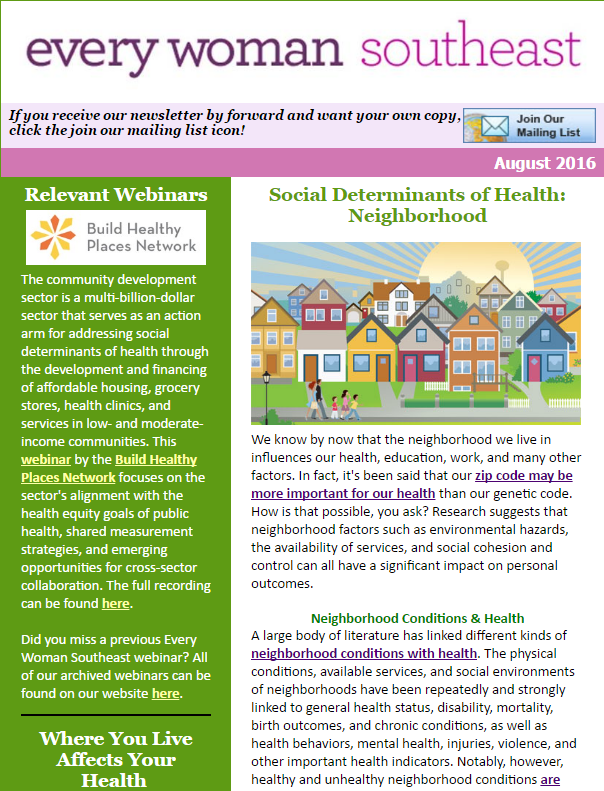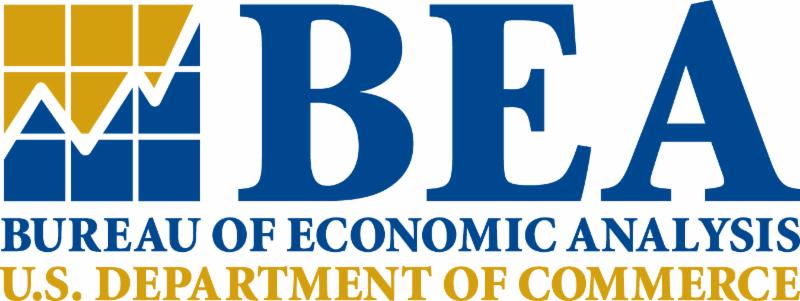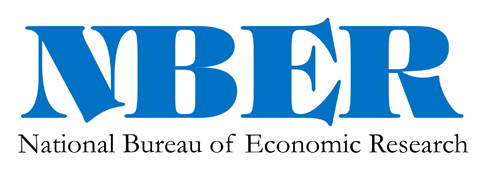2017 Newsletters
 Is there a newsletter topic that we have not covered that you would like to see in 2017?
Is there a newsletter topic that we have not covered that you would like to see in 2017?
All of our archived newsletters can be found on the Every Woman Southeast
website
.
|
Relevant Webinars
As part of the series known as "What Shapes Health," created in partnership with the Robert Wood Johnson Foundation, speakers from Harvard University sponsored a
webcast to discuss
public perceptions of what impacts health,
as well as what actions can be taken to improve health, both for individuals and communities.
Did you miss a previous Every Woman Southeast webinar? All of our archived webinars can be found on our website
here
.
|
Economic Inequality Harms Societies
|
|
|
How Economic Inequality Harms Societies | Richard Wilkinson
|
We feel instinctively that societies with huge income gaps are somehow going wrong. In this TED Talk, Richard Wilkinson charts the hard data on economic inequality and shows what gets worse when rich and poor are too far apart: real effects on health, lifespan, even such basic values as trust.
|
This map shows the disparity between how much more the top 1% makes compared to the other 99% in each state. The Economic Policy Institute also offers an interactive feature that allows you to see the income inequality in your state.
The
Economic Policy Institute (EPI) is a nonprofit, nonpartisan think tank created to include the needs of low- and middle-income workers in economic policy discussions. EPI conducts research and analysis on the economic status of working America and proposes and assesses public policies that protect and improve the economic conditions of low- and middle-income workers.
 The
Bureau of Economic Analysis (BEA), an agency of the U.S. Department of Commerce, produces economic accounts statistics that enable government and business decision-makers, researchers, and the American public to follow and better understand the performance of the Nation's economy.
 The
National Bureau of Economic Research (NBER) is a private, non-profit, non-partisan organization dedicated to conducting economic research and to disseminating findings among academics, public policy makers, and business professionals.
NBER-affiliated researchers study a wide range of topics, including the societal effects of public policies.
As the only federal government agency focused exclusively on economic development, the U.S. Department of Commerce's Economic Development Administration (EDA) plays a critical role in fostering regional economic development efforts in communities across the nation. Through strategic investments that foster job creation and attract private investment, EDA supports development in economically distressed areas of the United States.
|
|
 |
|
Social Determinants of Health:
Economics
The year is finally winding down, and as we enter this year's holiday season, it seems almost natural to feel some concern about the state of our wallets, pockets, and piggybanks. How do our personal incomes impact our health? And does the larger economy play a role in our personal wellness? We're glad you asked.
To some extent, income and wealth directly support better health because, not surprisingly, wealthier people can afford the resources that protect and improve health. In contrast to many low-income people, they tend to have jobs that are more stable and flexible; provide good benefits, like paid leave, health insurance, and worksite wellness programs; and have fewer occupational hazards. More affluent people have more disposable income and can more easily afford medical care and a healthy lifestyle -- benefits that also extend to their children.
On the other hand, people with low incomes tend to have more restricted access to medical care, are more likely to be uninsured or underinsured, and face greater financial barriers to affording health care expenses. Because income and wealth are part of a complex web of social and economic conditions that affect health over a lifetime, the effects of poor socioeconomic conditions can last for generations. There is also evidence to suggest that the stress associated with financial adversity has harmful biological effects on the body, affecting hormones and the health of the immune system, causing damage to organs and increasing the risk of disease over time.
Though it is easy to imagine how health is tied to income for the very poor or the very rich, the relationship between income and health is, in fact, a gradient: they are connected step-wise at every level of the economic ladder. Middle-class Americans are healthier than those living in or near poverty, but they are less healthy than the upper class. Even wealthy Americans are less healthy than those Americans with higher incomes.
The Role of the Larger Economy on Health
Population health is influenced not only by the economic well-being of individuals and households but also by the civic and economic vitality of their nation, states, and communities. People unable to afford to live in healthier, more desirable areas often struggle with challenges related to a variety of community-, institutional-, and structural-level health factors.
Access to healthy food: Residents of low-resource neighborhoods often have limited access to sources of nutritious food, such as supermarkets that sell fresh produce. They are more likely to live in neighborhoods with food deserts and an over-abundance of fast-food outlets, convenience stores, and liquor stores.
Built environment: Low-income communities tend to have limited access to green space, recreational programs, and facilities for regular exercise and active living. Their neighborhoods are often less conducive to walking or cycling to school, work, or shopping.
Environmental pollution: Low-income residents are less likely to be able to afford living in neighborhoods that are free of pollutants. This means living near busy highways with vehicle emissions, factories with billowing smokestacks and water emissions, bus depots, and other sources of air and water pollution.
Housing: People with limited resources experience higher rates of inadequate and unstable housing and homelessness and exposure to indoor pollutants (e.g., lead-based paint, asbestos). They often experience barriers to moving to a better neighborhood with healthier housing stock.
Disinvestment: Low-income neighborhoods reflect urban design legacies (e.g., redlining), which served to isolate and segregate minority populations. Public policies have historically led to disinvestment in these neighborhoods, causing persistent segregation, fewer economic opportunities, and increasing crime.
School systems: People with low incomes are more likely to live in poorer neighborhoods with a weaker tax base, thus reducing local resources that support public schools. Schools in low-income neighborhoods may have inferior resources and deteriorated buildings.
Transportation: Public transportation is often inadequate to enable residents to commute to work, to find a better job, or to reach a supermarket, a reliable childcare provider, or health care services.
Jobs and
health care: Low-resource neighborhoods often face a shortage of employment opportunities, as well as high-quality health care providers and facilities.
Advertising: Low-income and minority communities are more frequently targets for advertising of tobacco, alcohol, and high-calorie foods.
Policy areas that may seem distant from health -- such as those for education, jobs and wages, economic opportunity, transportation, housing, crime, taxes, economic development, and the environment -- can play a major role in shaping population health. People do not live in silos and are affected by factors at the individual, interpersonal, community, institutional, and structural levels over the course of their lives. It is essential, then, that social and economic policies be enacted that enhance these conditions.
The bottom line: better economic conditions for American families mean longer lives and better health, and better health means greater productivity and lower health care costs.
|
| Have Thoughts to Share? Write For Our Blog! If you had the power (unhindered by political processes) to enact a policy to improve economic conditions in your community, what would you do? Think outside the box!
We'd love to here from you! Share your thoughts by writing for our blog. Click here for more information. |
|
Stay Connected!


|
|
|